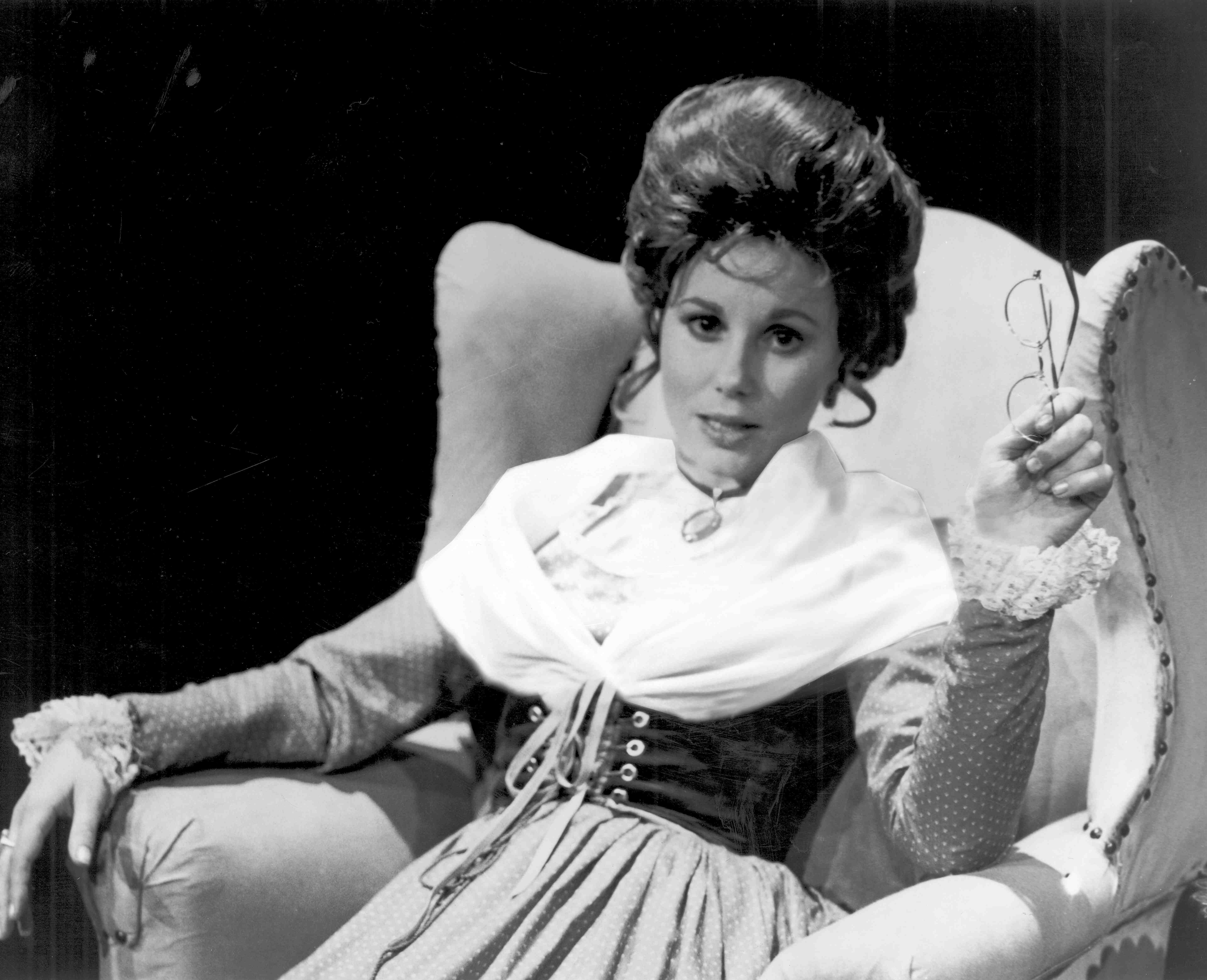

“Staged Insensibility in Burney’s Cecilia, Camilla, and The Wanderer: How a Playwright Writes Novels.” Eighteenth Century Fiction 17 (4): 629–48.īond, Erik. Newark: University of Delaware Press.Īnderson, Emily Hodgson. Familiar Violence: Gender and Social Upheaval in the Novels of Frances Burney. “‘If a man dared act for himself’: Family Romance and Independence in Frances Burney’s Cecilia.” Eighteenth Century Fiction 22 (2): 355-70. “‘My brain is on fire!’: Anglican Womanhood and the Limits of Politeness in Frances Burney’s Cecilia.” Journal for Eighteenth-Century Studies 41 (1): 49-66. Lexington, KY: University Press of Kentucky. Divided Fictions: Fanny Burney and Feminine Strategy. Charlottesville: University of Virginia Press. Backstage in the Novel: Frances Burney and the Theater Arts. “Madness and Matrimony in Frances Burney’s Cecilia.” Studies in English Literature 55 (3): 559-78. “Clandestine Schemes: Burney’s Cecilia and the Marriage Act.” The Eighteenth Century 54 (1): 25-51. Berkeley: University of California Press. Nobody’s Story: The Vanishing Acts of Women Writers in the Marketplace, 1670-1820. Madison, WI: University of Wisconsin Press. The Iron Pen: Francs Burney and the Politics of Women’s Writing. New Brunswick: Rutgers University Press.Įpstein, Julia. Gainesville, FL: University Press of Florida.ĭoody, Margaret Anne. Woman as ‘Nobody’ and the Novels of Fanny Burney. Stanford: Stanford University Press.Ĭutting-Gray, Joanne. Masquerade and Civilization: The Carnivalesque in Eighteenth-Century English Culture and Fiction. Oxford: Oxford University Press.Ĭastle, Terry.

Edited by Peter Sabor and Margaret Anne Doody. Evelina or the History of a Young Lady’s Entrance into the World.


 0 kommentar(er)
0 kommentar(er)
